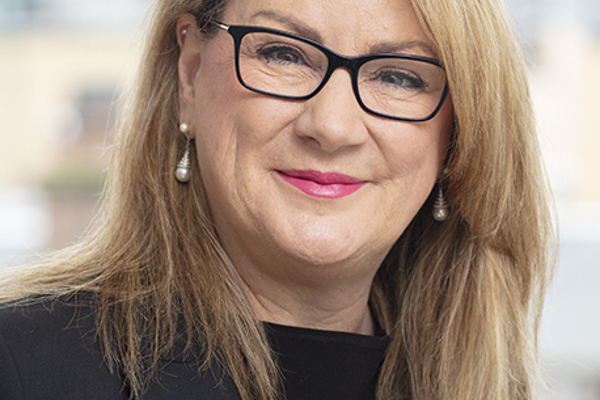What the typical response does illustrate, however, is that that there seems to be a general consensus that law is largely a profession that can be connected to a certain class of people - lawyers are largely assumed to be middle-class, well-educated, and more often than not, from a white background.
The Law Society of Scotland's Racial Inclusion Group has published data that shows that 88% of the profession is white, with at least 3.38% of the profession coming from a BAME background. Fortunately, this is an increase over previous years, but progression is slow when compared to the wider population. For comparative purposes, it is worth noting that the overall BAME population of those studying a LLB degree is higher at 13.80%, perhaps pointing to an intersection between race, and connections to the legal profession.
From a personal perspective, this is something I certainly came across when preparing to enter the profession to begin with. I was largely met with surprise when I decided that I wanted to work in law. Thankfully there were no objections, but my choice was definitely seen as unexpected - when presented with the word 'lawyer', people did not typically picture a state school-educated Asian woman.
When touring the law fairs, attending insight days or showing up to an interview, I could not help but feel self-conscious of the fact that there were very few people, if any, who looked like me in the room. It was hard to find someone to share stories with, such as the language barriers we faced as children and missing food and family from our home countries. It's uncomfortable to admit, but there was always a sense of being an outlier.
I'm pleased to say that my confidence has grown since then, and I am continuing to enjoy my role as a trainee solicitor. Morton Fraser have been welcoming from the start, and seeing their commitment to diversity and wider societal issues was one of the factors which drew me to the firm; and this translated to real-life success, as we were short-listed as a finalist in the 2021 Herald & GenAnalytics Diversity Awards.
Still, there is always room for progress. A 2021 survey carried out by the Racial Inclusion Group highlighted that, unfortunately, 60.44% of BAME respondents had noted they had experienced bias as a member of the profession, such as assumptions on religion, or the consistent misspelling of names. Bias is still present, and needs to be overcome. From looking at LinkedIn posts and other social media platforms, it's still all too common that a lawyer from an ethnic minority is called the wrong name, or that their name is shortened without their permission. To quote from a lawyer who responded to the aforementioned report, "You call someone Jim when their name is John, but for people from ethnic minority background it just happens a bit too often".
In terms of access to the profession, what a lot of people don't realise is that perception matters hugely when opening the doors to a new career path; to see people you can identify with can be empowering, and conversely something as simple as not having role models, and feeling like the exception, can be a decisive factor in turning away from the profession. In fact, this was a key issue brought up in Morton Fraser's Ethnic Minorities Employee Resource Group (ERG) meeting - there was an overwhelming response that not having people to relate to in the office would be a detriment to attracting new, diverse talent. It was particularly highlighted that minority visibility within leadership would reinforce a strong image and widen pathways into law. Yet despite this, of all the lawyers who are law firm partners in Scotland, only 2.03% are from a BAME background. Perhaps this can be connected to higher attrition rates for BAME lawyers in private practice. What's more is that clients are increasingly choosing visibly diverse firms; they want to be served by counsel which reflect the markets, and overall society in which they do business.
So what can we do now? There is no one answer - but from personal experience, mentoring and opportunity is an important first step. Having a mentoring scheme which reaches those from underrepresented backgrounds is a powerful way to boost confidence, build connections, and eventually widen the doors; I was lucky enough to have a mentor from Hong Kong in university, and I can say with confidence that talking and receiving advice from them made me relate so much more to the job, and realise that I could reach my potential as well. A mentor does not even need to be a person in power and in fact, the best role model for a student aspiring to enter law may even be a trainee or newly qualified solicitor, who can provide advice tailored to that career stage. Creating firmwide forums, such as our ERG, facilitates discussion, can influence overall policy and means that everyone can learn so much more. It is important for a workplace to encourage people to be truly authentic, and a firm needs to be keen on creating an environment where everyone feels welcome.
The bottom line is, ethnic diversity is essential in today's legal landscape; as is increased diversity and inclusion across all spectrums, whether that be socio-economic or gender equality. We're not there yet, but we have made progress, and it is important that we don’t forget the end goal of lasting change in the profession.


